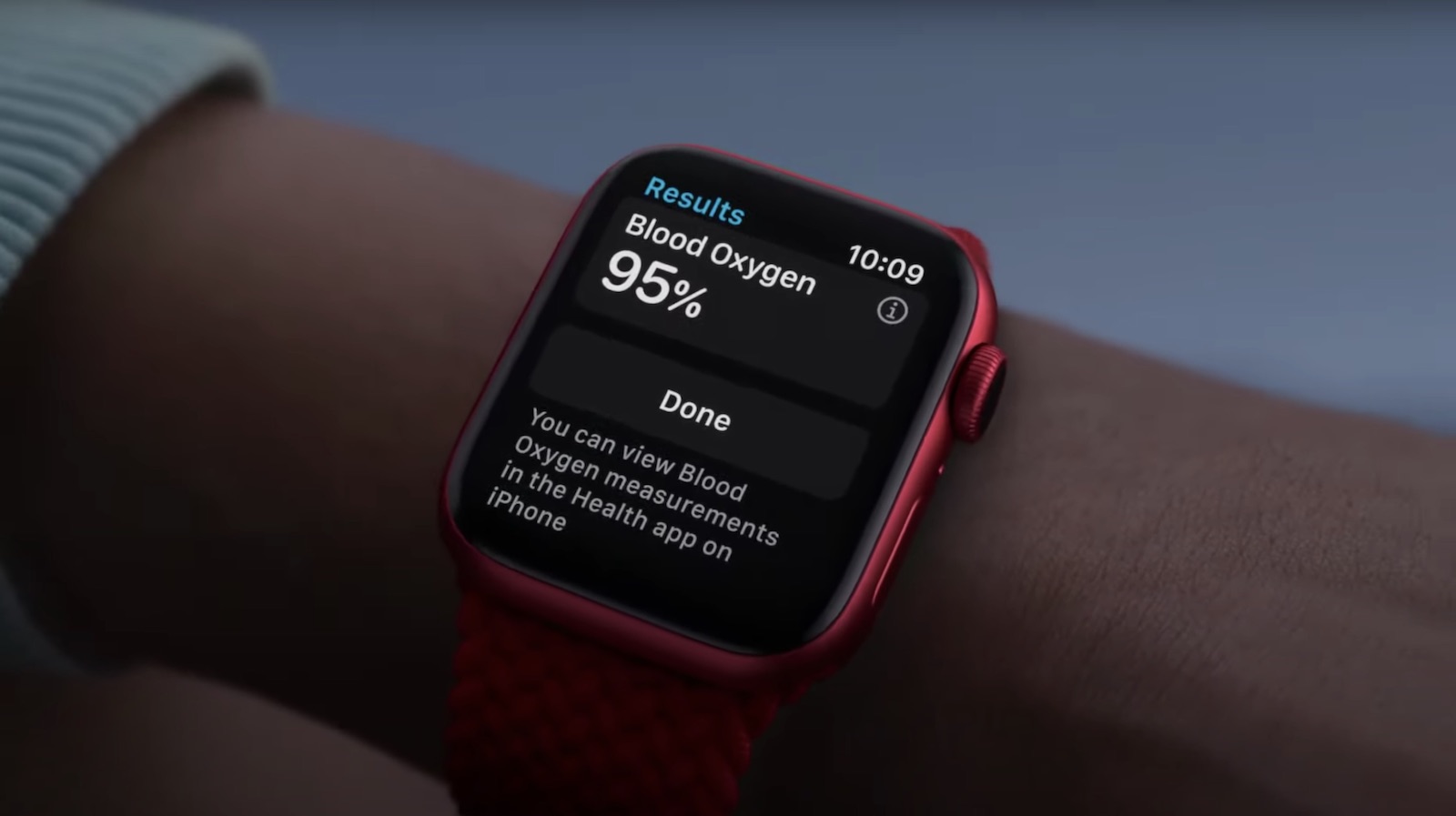Apple Watch Series 9 and Apple Watch Ultra 2 models will be sold without the Blood Oxygen feature in the U.S. starting on January 18, according to 9to5Mac's Chance Miller, allowing Apple to avoid a sales ban on these models. On its online store in the U.S., this change will occur starting at 6 a.m. Pacific Time tomorrow.

The report says these Apple Watch models will still include the Blood Oxygen app, but when a user opens it, they will be presented with an alert saying that the app is no longer available, and directed to the Health app on the iPhone. Apple plans to share more details in a support document that will be published on its website.
Apple confirmed that the Blood Oxygen app will remain functional on previously-sold Series 9 and Ultra 2 models. The feature will also remain available on Apple Watch models sold outside the U.S., as the sales ban does not apply internationally.
The U.S. International Trade Commission (ITC) last year ordered an import and sales ban on Apple Watch models with blood oxygen sensing after ruling that Apple violated Masimo's pulse oximetry patents with the feature, first introduced on the Series 6 model in 2020. Masimo has accused Apple of stealing trade secrets and poaching employees.
The sales ban first began last month, but it was quickly paused, as Apple received an interim stay. Apple was denied a longer-term stay, however, and the ban is set to be reinstated tomorrow starting at 2 p.m. Pacific Time. In a statement, Apple said it disabled the blood oxygen sensing feature on new U.S. models to comply with the ruling and ensure that customers have access to the Apple Watch with limited disruption.
Apple's appeal is ongoing. The company said it strongly disagrees with the ITC's decision, and it feels the U.S. Court of Appeals for the Federal Circuit should reverse it. As a longer-term solution, Apple is reportedly working on changes to the Blood Oxygen app's algorithm in an attempt to avoid Masimo's patented technology. It's unclear when those changes will be ready, or if they will be enough for Apple to avoid patent infringement.
This article, "Apple to Sell Series 9 and Ultra 2 Watches Without Blood Oxygen Feature in U.S. Starting Tomorrow" first appeared on MacRumors.com
Discuss this article in our forums
Source: TechRadar

The report says these Apple Watch models will still include the Blood Oxygen app, but when a user opens it, they will be presented with an alert saying that the app is no longer available, and directed to the Health app on the iPhone. Apple plans to share more details in a support document that will be published on its website.
Apple confirmed that the Blood Oxygen app will remain functional on previously-sold Series 9 and Ultra 2 models. The feature will also remain available on Apple Watch models sold outside the U.S., as the sales ban does not apply internationally.
The U.S. International Trade Commission (ITC) last year ordered an import and sales ban on Apple Watch models with blood oxygen sensing after ruling that Apple violated Masimo's pulse oximetry patents with the feature, first introduced on the Series 6 model in 2020. Masimo has accused Apple of stealing trade secrets and poaching employees.
The sales ban first began last month, but it was quickly paused, as Apple received an interim stay. Apple was denied a longer-term stay, however, and the ban is set to be reinstated tomorrow starting at 2 p.m. Pacific Time. In a statement, Apple said it disabled the blood oxygen sensing feature on new U.S. models to comply with the ruling and ensure that customers have access to the Apple Watch with limited disruption.
Apple's appeal is ongoing. The company said it strongly disagrees with the ITC's decision, and it feels the U.S. Court of Appeals for the Federal Circuit should reverse it. As a longer-term solution, Apple is reportedly working on changes to the Blood Oxygen app's algorithm in an attempt to avoid Masimo's patented technology. It's unclear when those changes will be ready, or if they will be enough for Apple to avoid patent infringement.
Related Roundups: Apple Watch Series 9, Apple Watch Ultra 2
Tag: Masimo
Buyer's Guide: Apple Watch (Neutral), Apple Watch Ultra (Buy Now)
Related Forum: Apple Watch
This article, "Apple to Sell Series 9 and Ultra 2 Watches Without Blood Oxygen Feature in U.S. Starting Tomorrow" first appeared on MacRumors.com
Discuss this article in our forums
Source: TechRadar